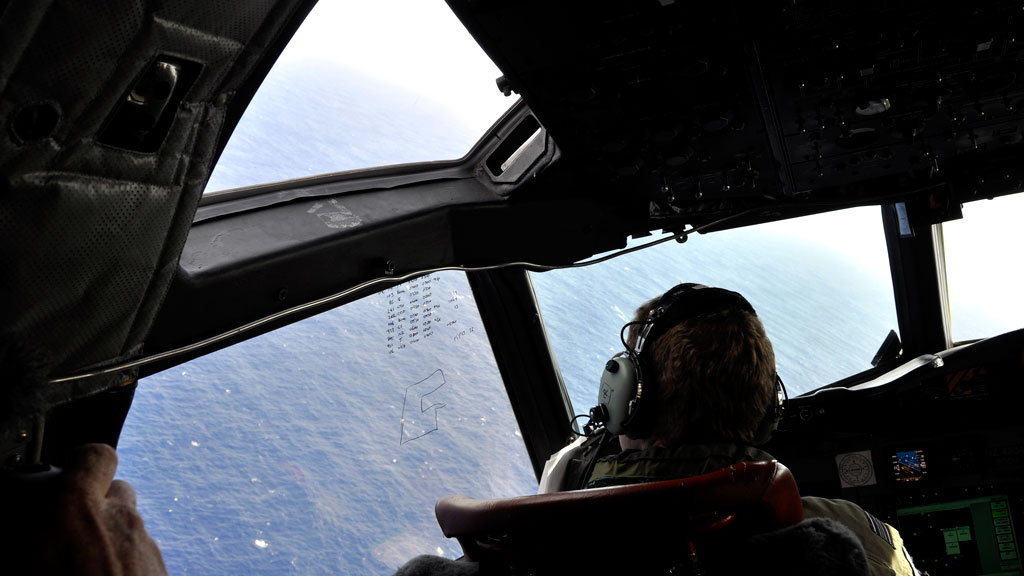Hunt for MH370 continues after three ‘acoustic events’ heard
Chinese and Australian search teams are scouring the vast Indian Ocean trying to verify if any one of three acoustic signals detected could have been from flight MH370’s black boxes.
The Ministry of Defence has confirmed that the survey ship, HMS Echo, has arrived at the location the Chinese patrol vessel, the Haixun 01, says it detected a fleeting “ping” twice in recent days.
The Haixun 01 detected the “accoustic events” or “pulse signals” while it was searching waters west of Perth. It is believed Malaysia Flight MH370 went down in this area on 8 March.
It is hoped that HMS Echo’s sophisticated scanning array will help confirm whether the pings emanate from flight MH 370’s black boxes.
However an Australian vessel, the HMAS Ocean Shield, also reported detecting a separate “acoustic event” over 350 miles away.
The search has entered it’s 30 day, and there are fears the signals from the black boxes will not last much longer. Industry standards require the batteries last at least 30 days, but they could have power for a further two weeks.
The Haixun 01 picked up a signal with a frequency of 37.5kHz per second, which is at the same frequency as those used by the plane’s two black box flight recorders. The approximate locations of the signal are thought to be around 25 degrees south and 101 degrees east.
However both Chinese and Australian search teams are stressing that although the signal could possibly be from the plane’s equipment, it was not conclusive evidence.
“We are treating each of them seriously. We need to ensure before we leave any of those areas that this does not have any connection with MH370,” Retired Air Chief Marshal Angus Houston, head of the Australian agency coordinating the operation, told the press.
The company behind the equipment being used to locate the black box devices explained further.
“The 37.5kHz is the specific frequency that these locator pingers operate on,” said Anish Patel, president of Sarasota, Florida-based Dukane Seacom, which made the black box locator.
“It’s a very unique frequency, typically not found in background ocean noise,” such as whales or other marine mammals.”
More from Channel 4 News: Southern Indian Ocean: the most remote place on earth?

‘Real interest’ in Haixun 01’s findings
Australia’s Houston said analysis of earlier satellite data had again led investigators to refine the search area towards the southern part of the corridor.
“The area of the highest probability is, what we think, the southern part where Haixun 01 is operating. That is why we are really interested in the two acoustic encounters that Haixun 01 has had.”
However the ocean there was over four kilometres deep.
Australian Prime Minister Tony Abbott said: “This is the most difficult search in human history. We are searching for an aircraft which is at the bottom of a very deep ocean and it is a very, very wide search area,” Abbott told reporters in Tokyo, where he is on a visit.
Up to a dozen planes and 13 ships will be scouring three separate areas about 2,000 km (1,240 miles) northwest of Perth, according to Australia’s Joint Agency Coordination Centre.

-
Latest news
-
Boy with profound learning disabilities reaches out of court settlement after abuse in residential school7m

-
India election: Modi rivals hit by string of raids and arrests7m

-
Can UK’s abandoned mines be used to build a greener future?5m

-
Sycamore Gap: Man pleads not guilty to felling iconic tree2m

-
‘Child poverty has not fallen since Tories came in’, says Gordon Brown5m

-




